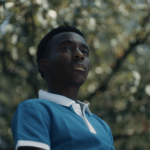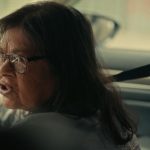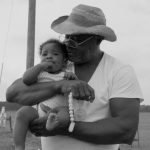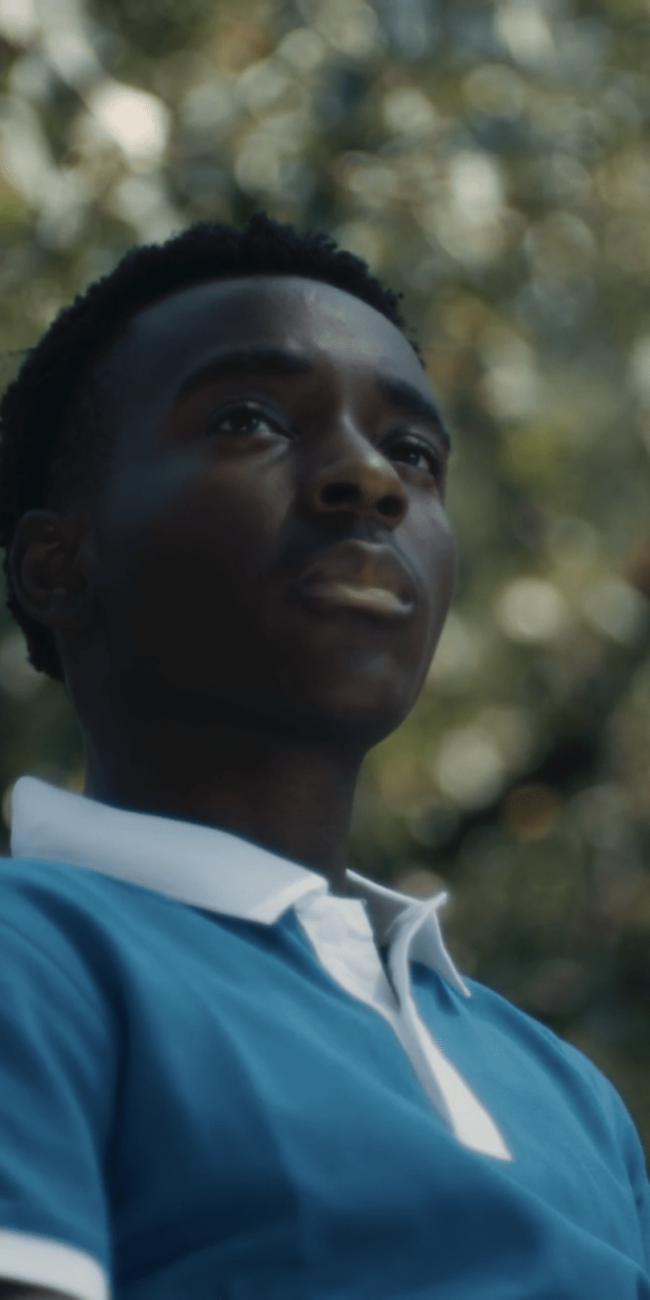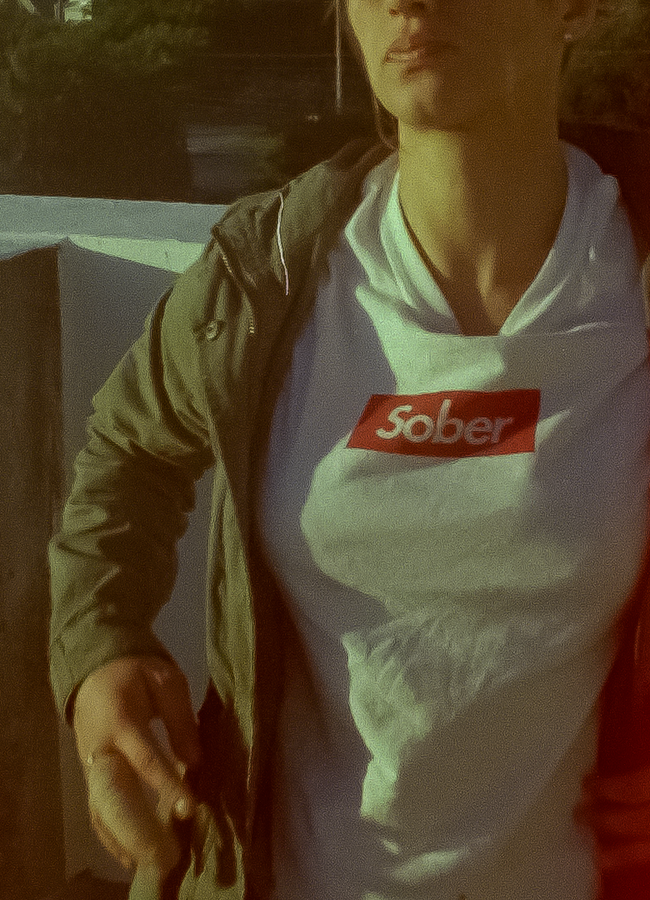
(The 2025 Vashon Island Film Fest runs August 7-10 on beautiful Vashon Island, just a ferry ride from Seattle. HtN has coverage coming your way like this Seeds movie review by Alan Motley! Seen it? Join the conversation with HtN on our Letterboxd Page.)
When Seeds quietly unspooled at the Vashon Theatre on Friday afternoon, the room fell into the kind of silence you can feel. Director Brittany Shyne — nominated for Best Director in this year’s Red Bicycle Awards — has crafted a film that is at once meditative and deeply urgent.
Shot in luminous black and white, Seeds follows Black farmers in Thomas County, Georgia, whose lives are rooted in land that carries both history and fragility. For some in the audience, these may feel like gentle, observational portraits of rural life. For me, as a Black viewer, every frame landed with the weight of generations — the hard fact that in 1910, Black farmers owned over 16 million acres of land, a figure now reduced to a fraction. These aren’t just images of planting, harvesting, and gathering; they are acts of resistance, survival, and love.
Part of what makes Seeds resonate is knowing how personal this subject is for Shyne. In her director’s statement, she recalls her great-grandparents’ 300-acre farm in Louisiana, her grandfather’s sharecropping in Mississippi, and her own nine-year journey traveling the South to document these stories. Her connection to farmers like Willie Head Jr., an activist for Black land rights, is evident in the tenderness of her lens.
That family connection struck a chord with me. My own great-grandfather owned a farm in Texas, and though it was decades before my time, I grew up hearing how the land was both a source of pride and a constant battle to hold onto. Watching Seeds, I saw echoes of my family’s story in the Williams family, in the hands that still work the soil despite the weight of history pressing against them.
That’s why I found myself wanting more of the fight on screen — more of the history of discriminatory USDA lending, more of the legal and political battles that have defined Black farmers’ struggle to keep their land. The seeds of those stories are here, and I couldn’t help wishing they’d been given as much space as the beautiful, lingering images of everyday life. That layer would have given audiences unfamiliar with the history a fuller sense of what’s at stake.
Even so, the beauty of Seeds is that it works on both levels. If you watch it as a lyrical poem to rural Black life, it is stunning. If you carry the history with you, it’s also a quiet, urgent call to witness and remember. That dual power is why Shyne’s nomination for Best Director feels more than earned — it’s a recognition of a filmmaker who understands how to hold beauty and truth in the same frame.
– Alan Motley (@alanmotley)

